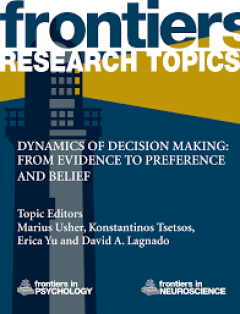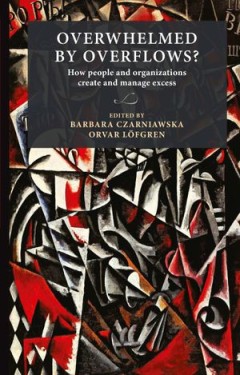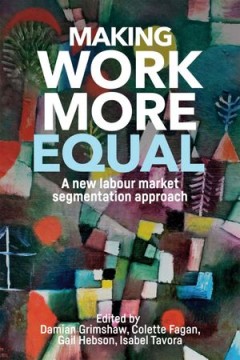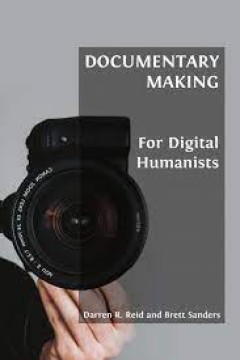Filter by

The Ethics of Vaccination
This open access book discusses individual, collective, and institutional responsibilities with regard to vaccination from the perspective of philosophy and public health ethics. It addresses the issue of what it means for a collective to be morally responsible for the realisation of herd immunity and what the implications of collective responsibility are for individual and institutional respon…
- Edition
- -
- ISBN/ISSN
- 9783030020682
- Collation
- -
- Series Title
- -
- Call Number
- -

E-engagement: A guide for Public Sector Managers
Over the last twenty years, advanced communication technologies have become pervasive throughout Western society. These technologies have not only revolutionised the delivery of public and private services, they have shaped consumers’ expectations about service quality. This guide (written for managers who have an interest in expanding their approach to public engagement, rather than IT profe…
- Edition
- -
- ISBN/ISSN
- -
- Collation
- -
- Series Title
- -
- Call Number
- -

Interactive Peacemaking A People-Centered Approach
This book examines the theory and practice of interactive peacemaking, centering the role of people in making peace. The book presents the theory and practice of peacemaking as found in contemporary processes globally. By putting people at the center of the analysis, it outlines the possibilities of peacemaking by and for the people whose lives are touched by ongoing conflicts. While considerin…
- Edition
- -
- ISBN/ISSN
- 9781000551884
- Collation
- -
- Series Title
- -
- Call Number
- -

Dynamics of decision making : from evidence to preference and belief
Decision-making is a dynamic process that begins with the accumulation of evidence and ends with the adjustment of belief. Each step is itself subject to a number of dynamic processes, such as planning, information search and evaluation. Furthermore, choice behavior reveals a number of challenging patterns, such as order effects and contextual preference reversal. Research in this field …
- Edition
- -
- ISBN/ISSN
- -
- Collation
- -
- Series Title
- -
- Call Number
- 658.403 DYN

Overwhelmed by overflows?
This transdisciplinary volume investigates the ways in which people and organisations deal with the overflow of information, goods or choices. It explores two main themes: the emergence of overflows and the management of overflows, in the sense of either controlling or coping with them. Individual chapters show the management of overflows taking place in various social settings, periods and pol…
- Edition
- -
- ISBN/ISSN
- 9789198469813
- Collation
- -
- Series Title
- -
- Call Number
- -

Making work more equal
This book is inspired by, and dedicated to, Jill Rubery. Jill is a major figure in international debates on inequalities in work and employment. Her intellectual contributions are renowned for both their critical questioning of mainstream theoretical approaches, whether in economics, management, industrial relations or comparative systems, and their attention to real-world empirical detail. Jil…
- Edition
- -
- ISBN/ISSN
- -
- Collation
- -
- Series Title
- -
- Call Number
- 330

Documentary Making for Digital Humanists
This fluent and comprehensive field guide responds to increased interest, across the humanities, in the ways in which digital technologies can disrupt and open up new research and pedagogical avenues. It is designed to help scholars and students engage with their subjects using an audio-visual grammar, and to allow readers to efficiently gain the technical and theoretical skills necessary to cr…
- Edition
- -
- ISBN/ISSN
- -
- Collation
- -
- Series Title
- -
- Call Number
- 070

 Computer Science, Information & General Works
Computer Science, Information & General Works  Philosophy & Psychology
Philosophy & Psychology  Religion
Religion  Social Sciences
Social Sciences  Language
Language  Pure Science
Pure Science  Applied Sciences
Applied Sciences  Art & Recreation
Art & Recreation  Literature
Literature  History & Geography
History & Geography